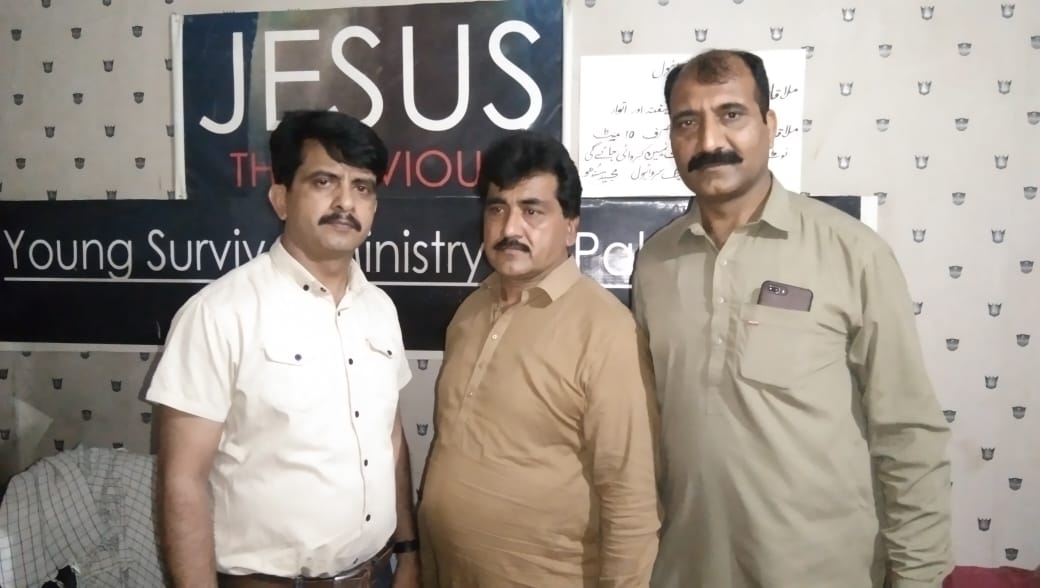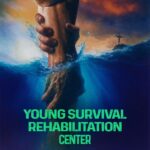Religious Activities
Role of Religion in Drug Addiction Recovery
Religious and spiritual guidance plays a vital role in helping people overcome drug addiction. It provides inner peace, hope, and the strength to fight negative habits.
Prayer and Meditation
Regular prayer and meditation help individuals calm their minds, reduce stress, and build spiritual strength. These practices also guide them towards self-control and positivity.
Holy Scriptures and Teachings
Reading and reflecting on holy scriptures inspire people to live a meaningful and drug-free life. Religious teachings encourage forgiveness, hope, and the courage to change.
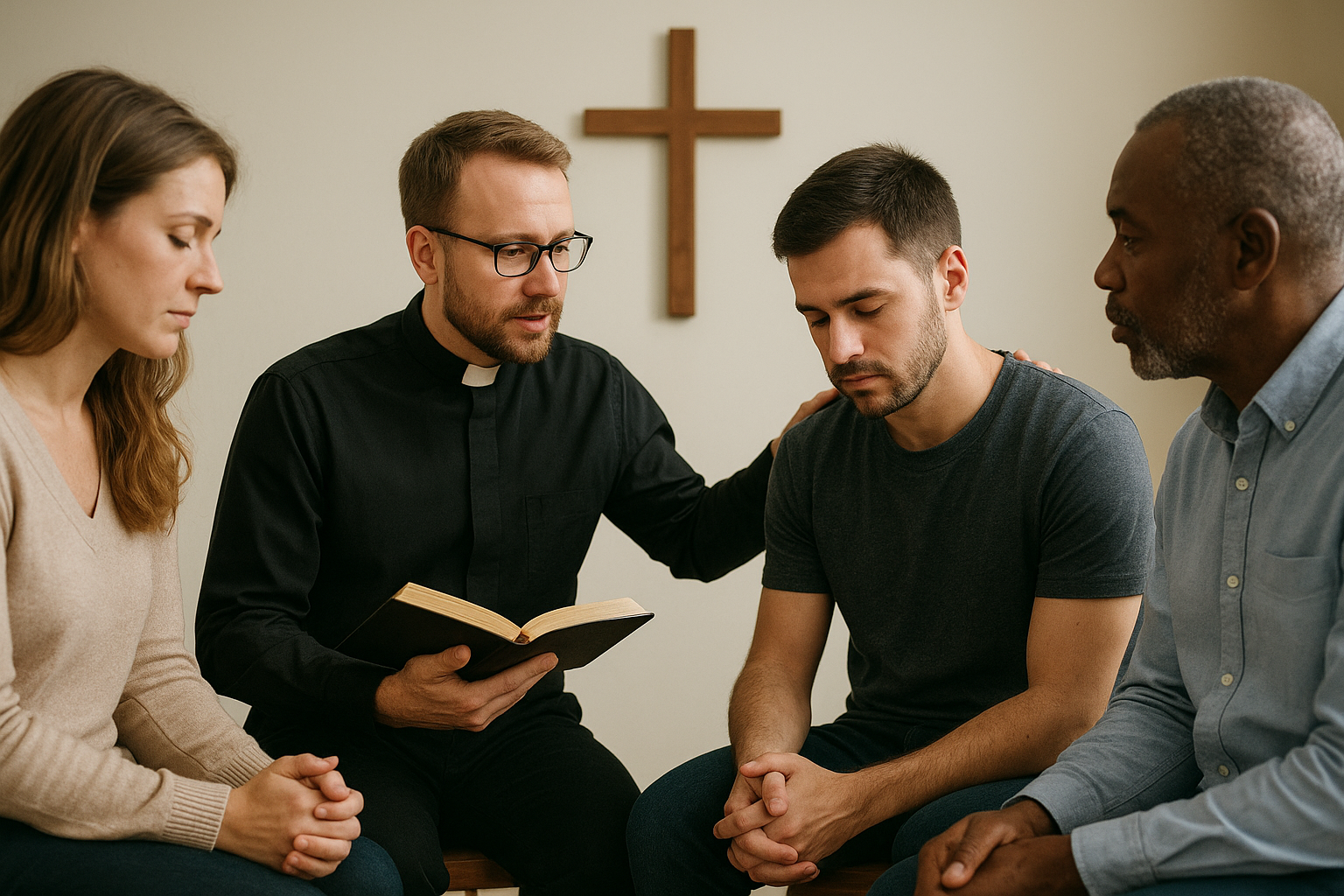
Religious & Spiritual Activities:
At Young Survival Rehabilitation Center, we believe that true healing goes beyond the body and the mind—it must also touch the soul. Addiction often creates emptiness, hopelessness, and a loss of purpose in life. To fill this gap, we integrate religious and spiritual activities into our treatment programs, helping individuals find inner peace, self-control, and a renewed sense of direction.
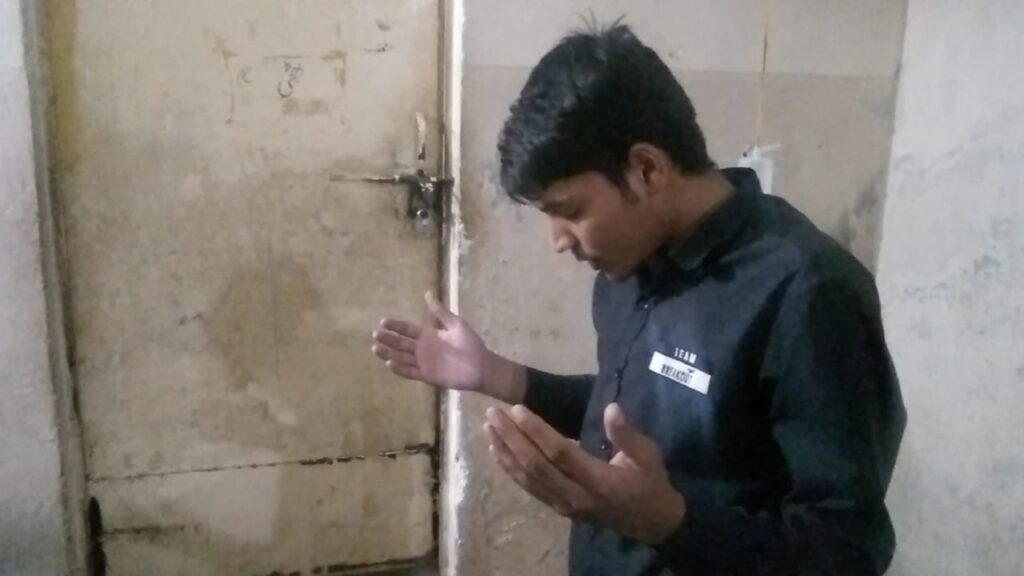
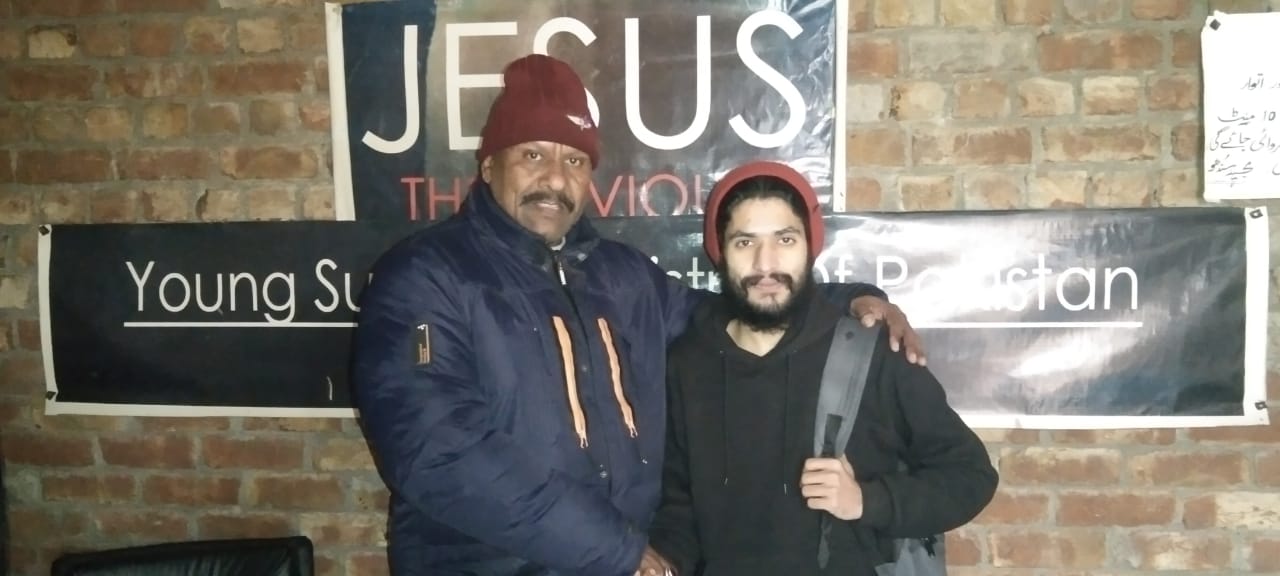
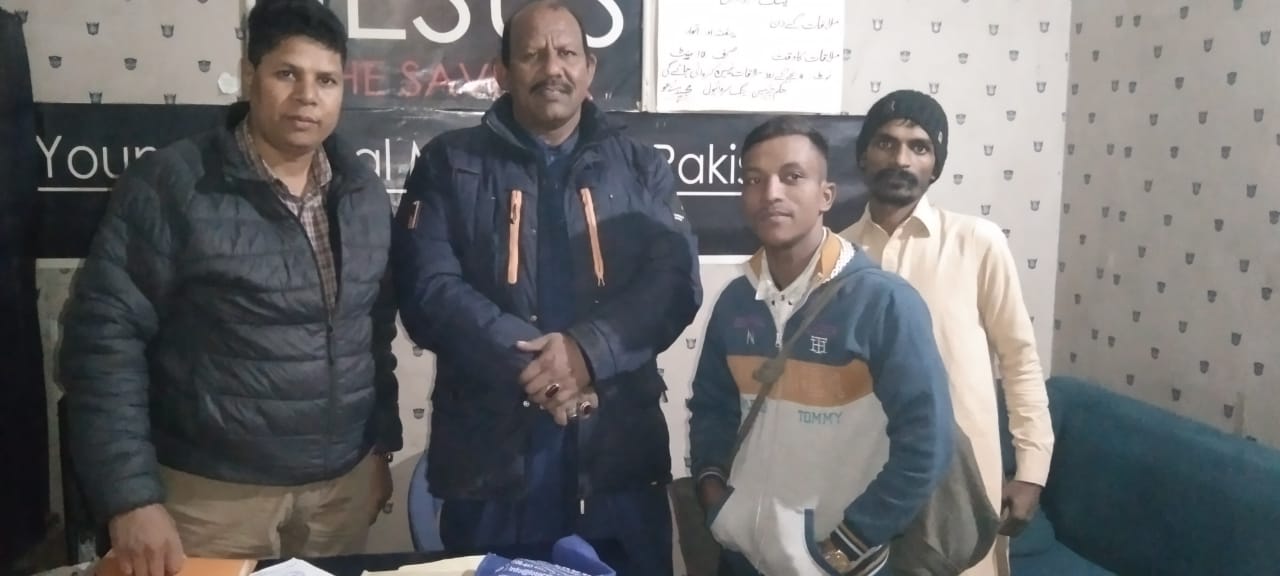
Religious & Spiritual Healing:
At Young Survival Rehabilitation Center, we understand that addiction is not only a physical or mental struggle but also a spiritual crisis. Many young people who fall into drugs often feel disconnected from their faith, family values, and inner peace. For this reason, our rehabilitation program includes religious and spiritual activities that help individuals rebuild their relationship with God, strengthen their inner discipline, and discover hope beyond addiction.
Benefits of Religious Activities in Recovery:
1. Restoring Inner Peace:
Prayer, meditation, and spiritual reflection calm the heart and reduce stress, giving recovering individuals strength to resist cravings.
2. Building Self-Control
Religious teachings encourage patience, discipline, and moral values—qualities that help in overcoming destructive habits.
3. Healing Emotional Pain
Faith provides comfort during moments of weakness, guilt, and regret, allowing patients to forgive themselves and move forward.
4. Finding Purpose in Life
Through religious guidance, individuals rediscover their identity, purpose, and the motivation to live a meaningful, drug-free life.
